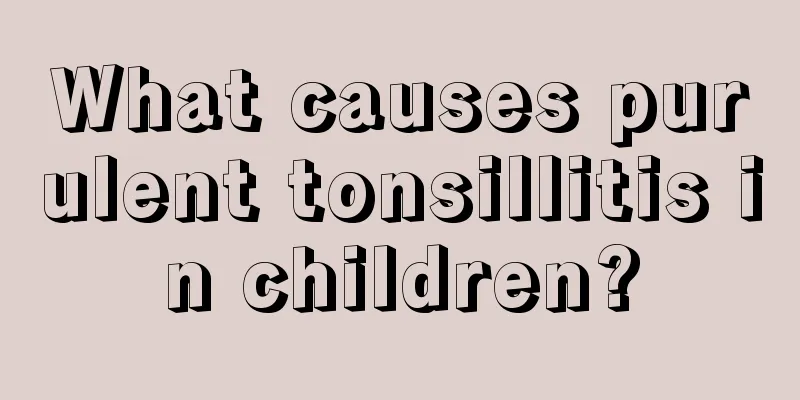How long should I be observed after vaccination?

|
I believe that parents who have given their babies vaccinations know that babies need to be observed at the injection site for a period of time after the vaccination. Many parents do not understand why this is necessary. In fact, observation after the vaccination is a very important thing. It can be used to observe whether the baby has any adverse reactions after the vaccination to prevent harm to the baby. So how long should you observe after getting a vaccination? Let me explain below. After receiving the vaccination, you need to stay in the vaccination clinic for 30 minutes for observation. This is to prevent the extremely small probability of a life-threatening allergy. As we all know, penicillin allergy causes anaphylactic shock. If rescued, nothing will happen and there will be no sequelae, but if rescue is not timely, the person may lose his life. This situation is also feared when getting vaccinated, but the occurrence rate of this situation is one in a million, which is a very low probability. This anaphylactic shock reaction usually occurs within 30 minutes after vaccination, and 10% occurs beyond 30 minutes. What are the adverse reactions after vaccination? 1. General reaction In most cases, babies will experience inflammatory reactions such as fever, runny nose, dizziness, headache, diarrhea, abdominal distension, loss of appetite, redness and swelling at the injection site, pain or nodules after vaccination. These are general reactions of transient physiological dysfunction. Such reactions often do not require special treatment and usually recover on their own within 2 to 3 days. 2. Abnormal reaction Due to individual differences, such as those with allergic constitutions, a very small number of babies may experience reactions that are different in nature and manifestation from the general reactions after receiving certain vaccines, such as aseptic suppuration, rash, facial edema, anaphylactic shock and other allergic reactions. These are abnormal reactions. 3. Coincidence In fact, its occurrence has nothing to do with the vaccine itself. Coincidence refers to the situation where the baby is in the incubation period of a certain disease after vaccination, or has an underlying disease that has not yet been discovered, and the disease coincidentally occurs after vaccination. |
<<: 6-year-old has arm pain after vaccination
>>: Preventing suppuration of injection wounds
Recommend
What causes children to have convulsions?
The physical health of children is a very importa...
Baby Heat Rash Quick and Easy Treatment
Heat rash is a type of red papules or blisters. W...
Where are the moxibustion points for children's cough?
The weather changes a lot now, so it is easy for ...
Understanding peeling of the palms of newborn babies
What parents fear most is that the baby may have ...
How to treat chin eczema in children
Children are in the process of growing up and are...
Ten-month-old baby has developmental delay
We all know that what mothers are most concerned ...
What causes dizziness in children?
There are many reasons that cause dizziness in ch...
Why do children often feel dizzy?
Nowadays, most families have several adults revol...
What to do if your child gets a stiff neck while sleeping
Incorrect sleeping posture will cause pain in the...
Why does my two-year-old baby toss and turn when sleeping?
When the baby reaches two years old, he has basic...
What causes dizziness in children?
In the process of taking care of children, many p...
At what age is it best for children to learn swimming?
Swimming is a very popular sport. It can exercise...
What should I do if my child has a fever of 45 degrees?
Fever is a common condition for everyone. Fever i...
Parents should be careful that their children may get "kissing disease" after being kissed
Recently, my baby suddenly developed a high fever...
Baby has low fever at night and is fine during the day
Some babies seem to be quite active during the da...









